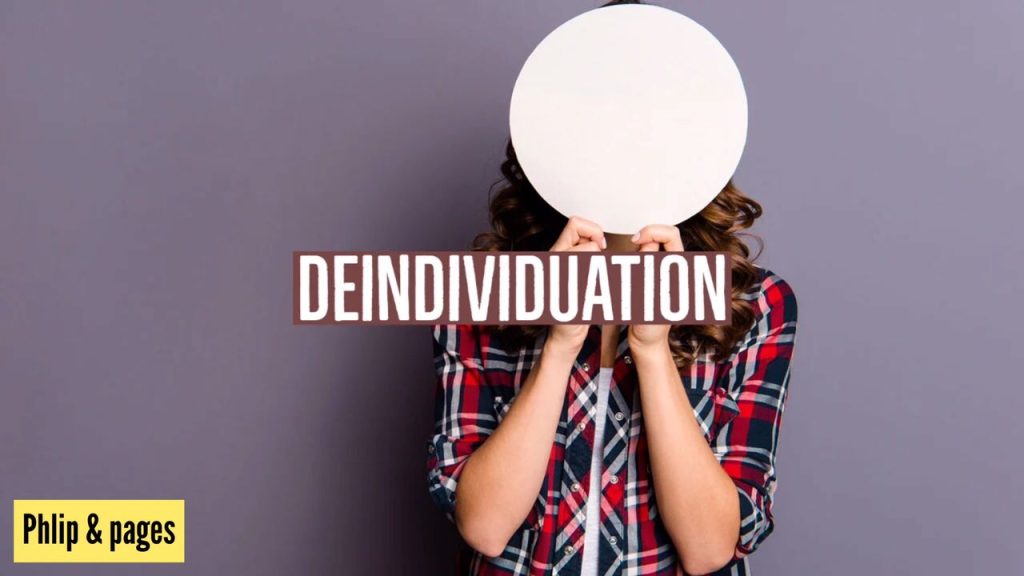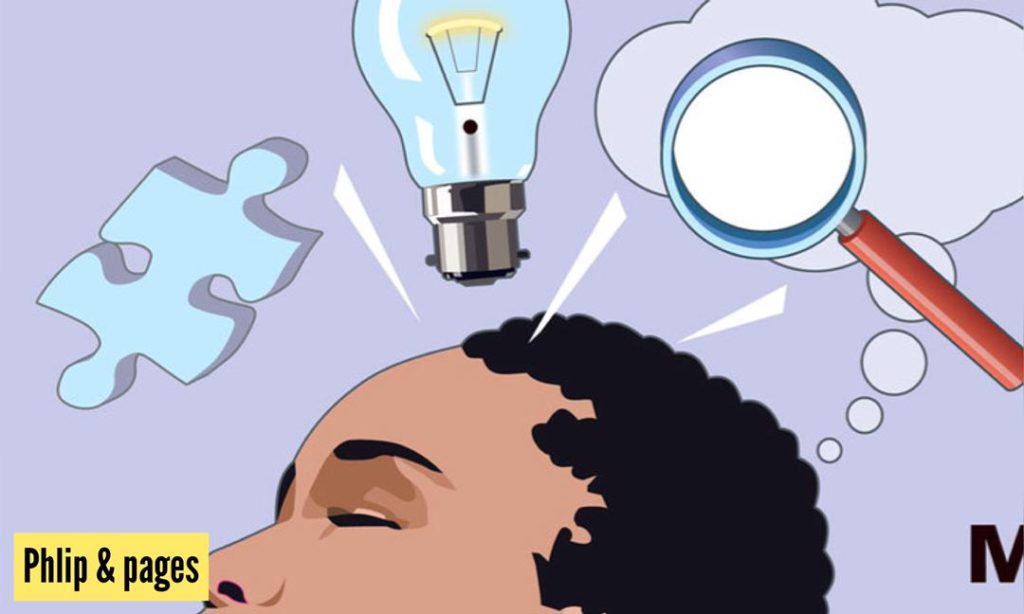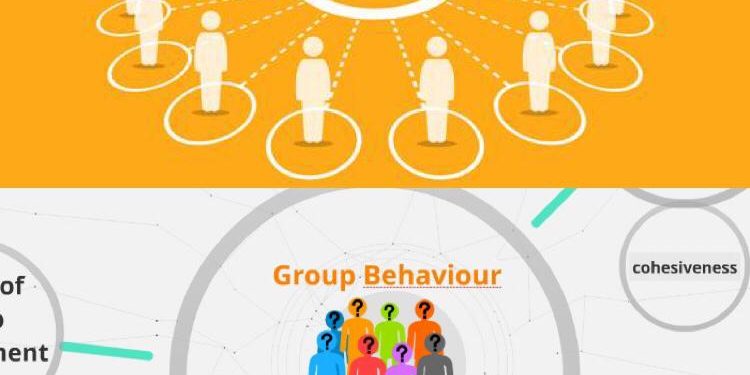Humans are inherently social beings, and our behavior is greatly influenced by the groups we belong to. Whether it’s family, friends, colleagues, or larger communities, group dynamics play a significant role in shaping individual actions. This article explores the power of social influence and its impact on group behavior.
Conformity: Going with the Flow

Conformity refers to adjusting one’s thoughts, beliefs, attitudes, and behaviors to align with those of a particular group. Here are some key aspects related to conformity:
Normative Social Influence
Normative social influence occurs when individuals conform to gain acceptance or avoid rejection from their peers. This can lead people to adopt certain behaviors or opinions simply because they want to fit in.
Informational Social Influence
Informational social influence happens when individuals look towards others for guidance in ambiguous situations where they lack knowledge or expertise. They assume that others have more accurate information and use it as a basis for their own decisions.
Obedience: Following Authority Figures
Obedience involves complying with commands or instructions from authority figures within a given context. Key factors related to obedience include:
Milgram Experiment
The famous Milgram experiment demonstrated how individuals tend to obey authoritative figures even if it means inflicting harm on others.The study highlighted the powerful effect of perceived authority on human behavior.
Situational Factors
Situational factors such as proximity to the authority figure,sense of responsibility,and peer pressure can significantly impact an individual’s level of obedience.
Deindividuation: Losing Individual Identity

Deindividuation refers to a phenomenon wherein individuals lose self-awareness and restraint when participating in group settings.Notable factors include:
Anonymity and Diffusion of Responsibility
Anonymity within groups can reduce feelings of personal accountability,leading to behavior that an individual might not exhibit on their own. Diffusion of responsibility can play a similar role,where individuals feel less personally responsible for the outcomes of group actions.
Mob Behavior
Deindividuation can contribute to mob behavior, where individuals engage in impulsive and often destructive actions as part of a crowd or mob. The loss of personal identity within the group can lead to a diminished sense of moral responsibility.
Groupthink: Seeking Harmony over Critical Thinking

Groupthink occurs when members of a group prioritize consensus and harmony over critical evaluation or dissenting opinions. This phenomenon can have significant consequences:
Illusion of Infallibility
In groupthink,some members believe that their group is inherently right and free from errors or faults.This hinders critical thinking and open dialogue.
Suppression of Dissenting Viewpoints
Groupthink tends to discourage or suppress dissenting opinions,creating an echo chamber where unanimity is prioritized over rigorous analysis. This can result in poor decision-making and lack of objectivity.
Conclusion

Understanding the power of social influence is crucial for comprehending how groups shape individual behaviors.Group dynamics such as conformity,obedience,and deindividuation exert tremendous impact on human actions.Social influences can lead people to adopt certain behaviors,beliefs,and attitudes while sacrificing their own independent judgment.Recognizing these phenomena allows us to be more aware of our susceptibility to social pressure and encourages critical thinking within group settings.By understanding the complexities of group behavior,we gain insight into both positive collective achievements and potential negative consequences that may arise from unchecked social influence.
















